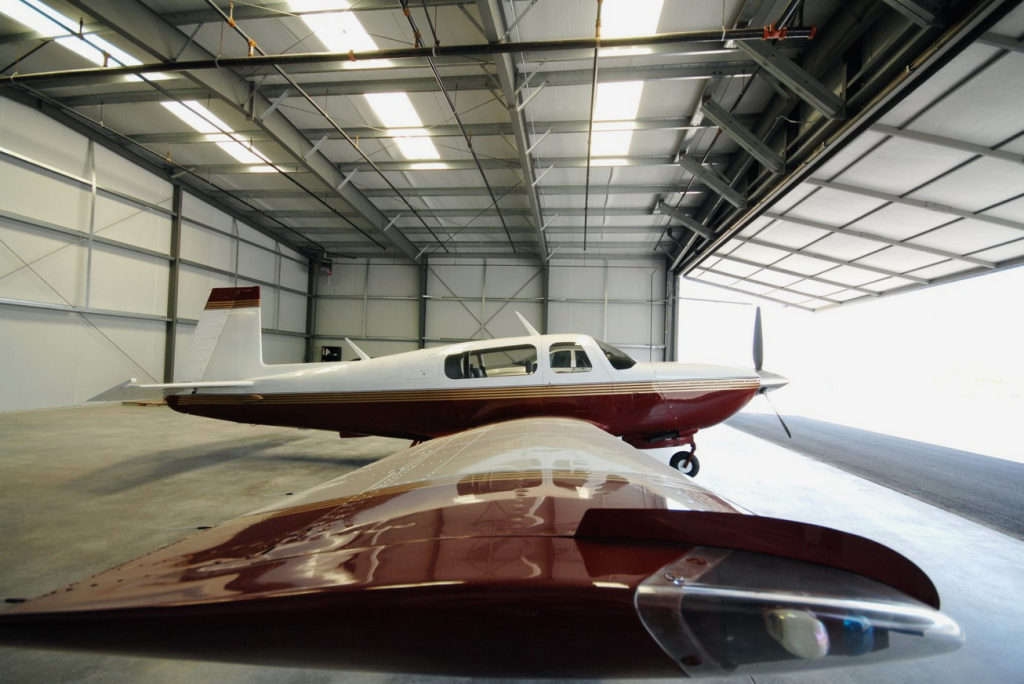UK private Aviation. Where is the industry heading?
The allure of the skies has captivated many, and in the UK, private aviation is soaring to new heights. With its blend of luxury, convenience, and flexibility, this sector continues to evolve rapidly. As we navigate through current trends and emerging technologies, it’s crucial to understand where general aviation in the UK is headed. Are light aircraft becoming more accessible? What does the future hold for private pilots? Join us as we explore the dynamics shaping this exciting industry and uncover what lies ahead for those who dream of flying high above the clouds.
Overview of the Private Aviation Industry in the UK
The private aviation industry in the UK has experienced significant transformations over the years. With an increasing number of individuals and businesses seeking alternative travel options, this sector has gained momentum.
Private jets and light aircraft are no longer reserved for the elite. A diverse clientele now embraces these aerial services, from entrepreneurs to celebrities. The convenience of bypassing commercial airport hassles draws many to consider flying privately.
Airports accommodating general aviation are expanding across the nation, enhancing accessibility for various regions. This growth showcases a rising demand for tailored travel experiences that suit individual needs.
Additionally, advancements in technology have streamlined operations within the industry. Enhanced booking systems and improved aircraft efficiency lead to smoother journeys and increased customer satisfaction.
As regulations evolve alongside market demands, opportunities abound for operators and pilots alike in this ever-changing landscape of private aviation in the UK.
Current Trends and Growth of Private Aviation in the UK
The private aviation sector in the UK is witnessing remarkable growth. More individuals and businesses are opting for private flights, driven by the need for flexibility and time efficiency.
A surge in demand has led to an increase in charter services. Companies now offer tailored experiences, making it easier for clients to book on short notice. This shift is transforming how people perceive travel.
Light aircraft have become increasingly popular among private pilots looking for versatile flying options. The appeal of these nimble planes allows enthusiasts to explore the UK’s diverse landscapes with ease.
Innovative technology plays a pivotal role too. Enhanced booking platforms and apps streamline processes, making air travel more accessible than ever before.
Moreover, there’s a noticeable uptick in training programs aimed at increasing the number of UK private pilots—an encouraging trend that signifies growing interest across all demographics.
Advantages and Disadvantages of Private Aviation
Private aviation offers unparalleled flexibility. Travelers can avoid long security lines and crowded terminals, making every journey more relaxed. Customized schedules mean no waiting for commercial flights.
Cost is a significant consideration. Chartering or owning an aircraft comes with high operating expenses, including maintenance and fuel costs. This may not be feasible for everyone.
Another advantage lies in privacy and comfort. High-profile individuals often prefer private jets to maintain confidentiality during travels.
However, the environmental impact cannot be ignored. Light aircraft contribute to carbon emissions that affect climate change significantly.
Accessibility can also vary; while many airports accommodate general aviation in the UK, some remote locations lack facilities for larger private planes.
Weighing these factors helps determine if private aviation aligns with individual needs and values within the broader context of general aviation’s future in the UK.
The Impact of Technology on the Industry
Technology is reshaping the landscape of private aviation in the UK. Innovations in avionics, navigation systems, and safety features are making flights safer and more efficient than ever before.
Light aircraft in the UK now incorporate cutting-edge materials that enhance performance while reducing fuel consumption. This shift not only improves speed but also contributes to lower operational costs for pilots and owners alike.
Moreover, digital platforms have revolutionized booking processes. Passengers can easily compare prices, check availability, and even customize their travel experience through user-friendly apps.
Virtual reality (VR) technology is emerging as a training tool for aspiring pilots. It allows them to practice various flight scenarios without ever leaving the ground.
Data analytics also plays a crucial role in optimizing flight paths and improving maintenance schedules. The result? Increased efficiency across the board.
These advancements signal an exciting era for general aviation in the UK as it embraces modern technology like never before.
Sustainability and Environmental Concerns
Sustainability has become a hot topic in the realm of private aviation. As environmental awareness grows, the industry faces increasing pressure to adapt.
The carbon footprint of light aircraft in the UK is under scrutiny. With climate change at the forefront, many stakeholders are calling for greener alternatives. The introduction of sustainable aviation fuels (SAFs) is a promising step forward. These fuels have the potential to significantly reduce emissions.
Electric and hybrid aircraft technology is also on the rise. Innovations in battery storage and propulsion systems could revolutionize how we think about air travel.
However, transitioning to more sustainable practices comes with its challenges. Infrastructure needs updating, and costs can be prohibitive for operators.
As general aviation’s future in the UK unfolds, balancing convenience with eco-friendliness will be key. Stakeholders must navigate these complexities while striving for progress that benefits both consumers and our planet.
Future Predictions for the UK Private Aviation Industry
The UK private aviation industry is poised for transformative growth in the coming years. As more individuals seek personalized travel experiences, demand for light aircraft in the UK will likely rise.
Technological advancements are set to revolutionize flight operations. Electric and hybrid aircraft could become mainstream, reducing carbon footprints while maintaining performance.
Moreover, increased accessibility through digital platforms may simplify booking processes and enhance customer experience. The integration of artificial intelligence could improve route efficiency and reduce operational costs.
With a growing number of UK private pilots entering the field, there’s potential for new training programs tailored to meet evolving industry demands.
Regulatory changes might also emerge as authorities adapt to innovations within general aviation in the UK, ensuring safety without stifling progress. These factors combined indicate an exciting trajectory ahead for private aviation enthusiasts and professionals alike.
Conclusion: Is Private Aviation in the UK a Sustainable Option?
The growth of private aviation in the UK presents both challenges and opportunities. As the demand for personalized travel continues to rise, so does the need for sustainable practices within this sector. The introduction of greener technologies could pave the way for responsible flying habits among operators.
However, while advancements in technology such as electric aircraft show promise, concerns about environmental impact remain significant. Balancing convenience with sustainability will be a pivotal challenge facing this industry moving forward.
As more individuals seek alternative means to avoid congested commercial routes, understanding how general aviation can align with eco-friendly initiatives will be crucial. The number of UK private pilots is also on an upward trajectory, reflecting a growing interest in light aircraft options that may offer solutions tailored to evolving consumer preferences.
Private aviation’s future hinges on its ability to adapt and innovate sustainably while maintaining its appeal as a luxury service. Whether it can successfully navigate these waters remains an open question worthy of attention from all stakeholders involved.

